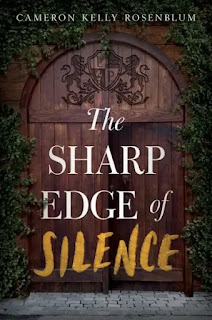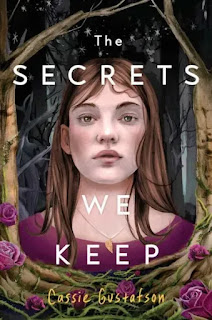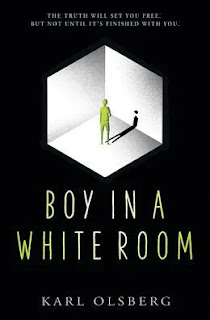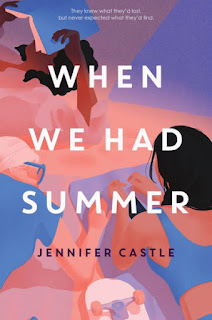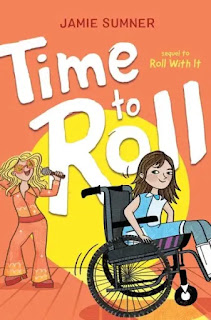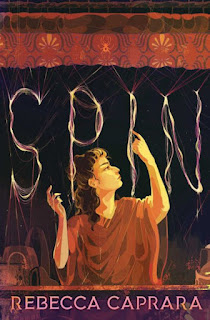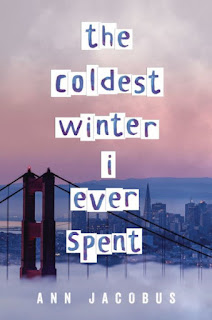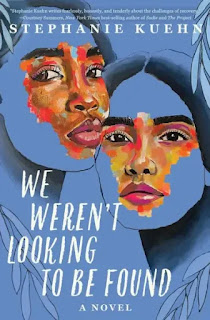Io gets by in the flooded slums of the city, working with low-lifes and criminals as a private investigator. When one of her assignments results in her witnessing her assignment being murdered by a woman who for all intents and purposes is already dead, Io realizes that there are bigger things at stake than her petty investigations into marital infidelity and fraud. Following leads that take her from being hired by a criminal syndicate to a garden party in the home of the next mayor, she finds herself embroiled in a mystery that implicates the entire power structure of her world. It will eventually force her to confront the gods themselves.
This is a pretty bare bones description of the story and is part of the issue I have with this novel. There's always a fine line in fantasy novels between building enough of your alternative world that it is immersive and at the same time not going so far that the details swamp the story. This proves even more challenging in a story that is more mystery than adventure. In order to appreciate the byzantine politics of Io's world, we are introduced to endless factions and historical backstories. It literally takes some 150 pages or so before we can get through a page of the story without being introduced to a new character or setting! Little of this is actually superfluous and I can well imagine a frenzied editor fruitlessly trying to find some fat to cut out. There simply isn't any! So, as a result of this huge amount of exposition, there are lots of important elements of this story that largely suffer. A really interesting emotional dynamic between the sisters, for example, largely gets shortchanged by the details of the setting and a drive to keep the action moving.
I suspect that there is a sequel to come and perhaps the need to provide so much exposition will subside and allow more time for character development. This rich novel in the mean time will benefit from a re-reading and a patient study of the numerous elements.


